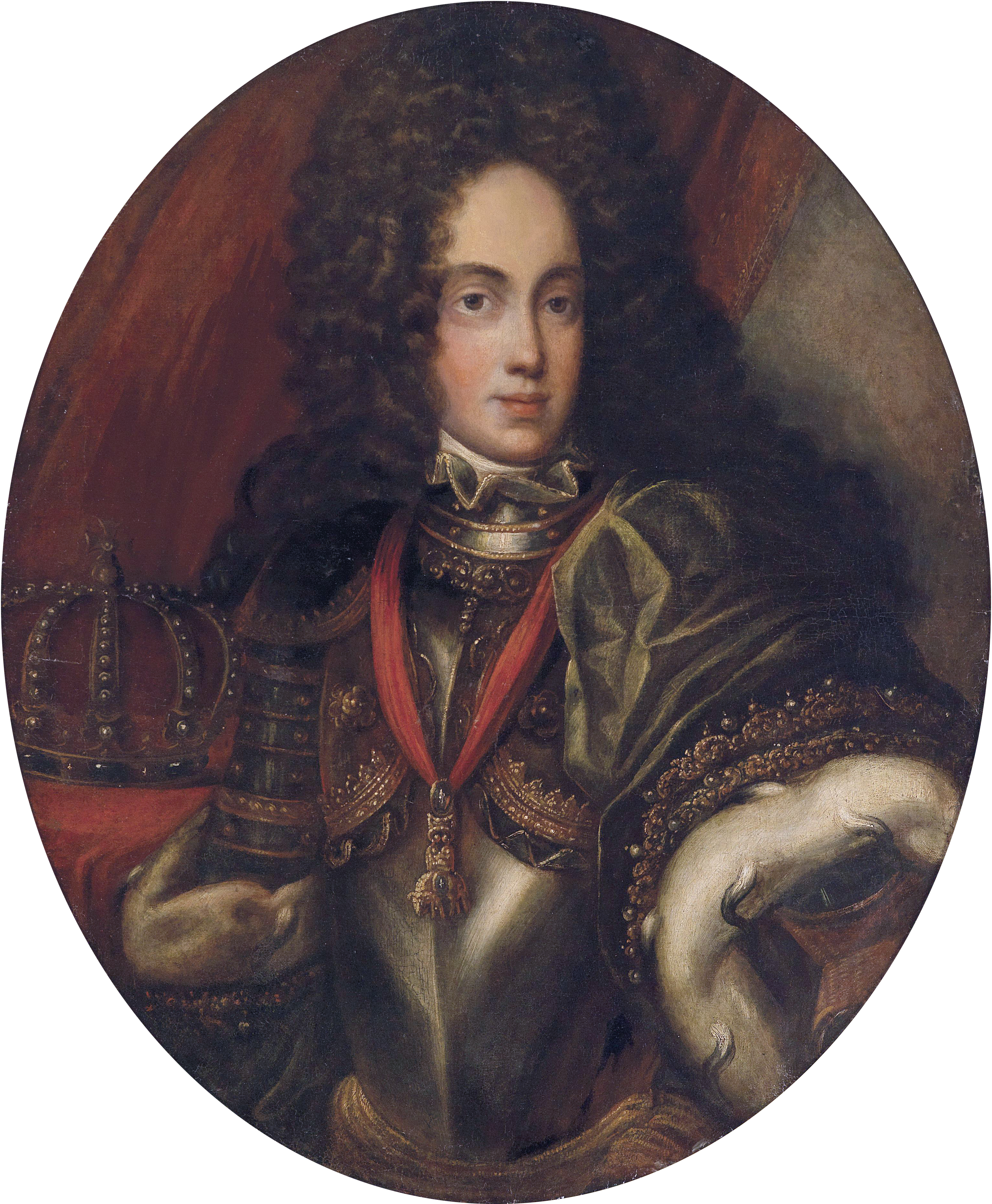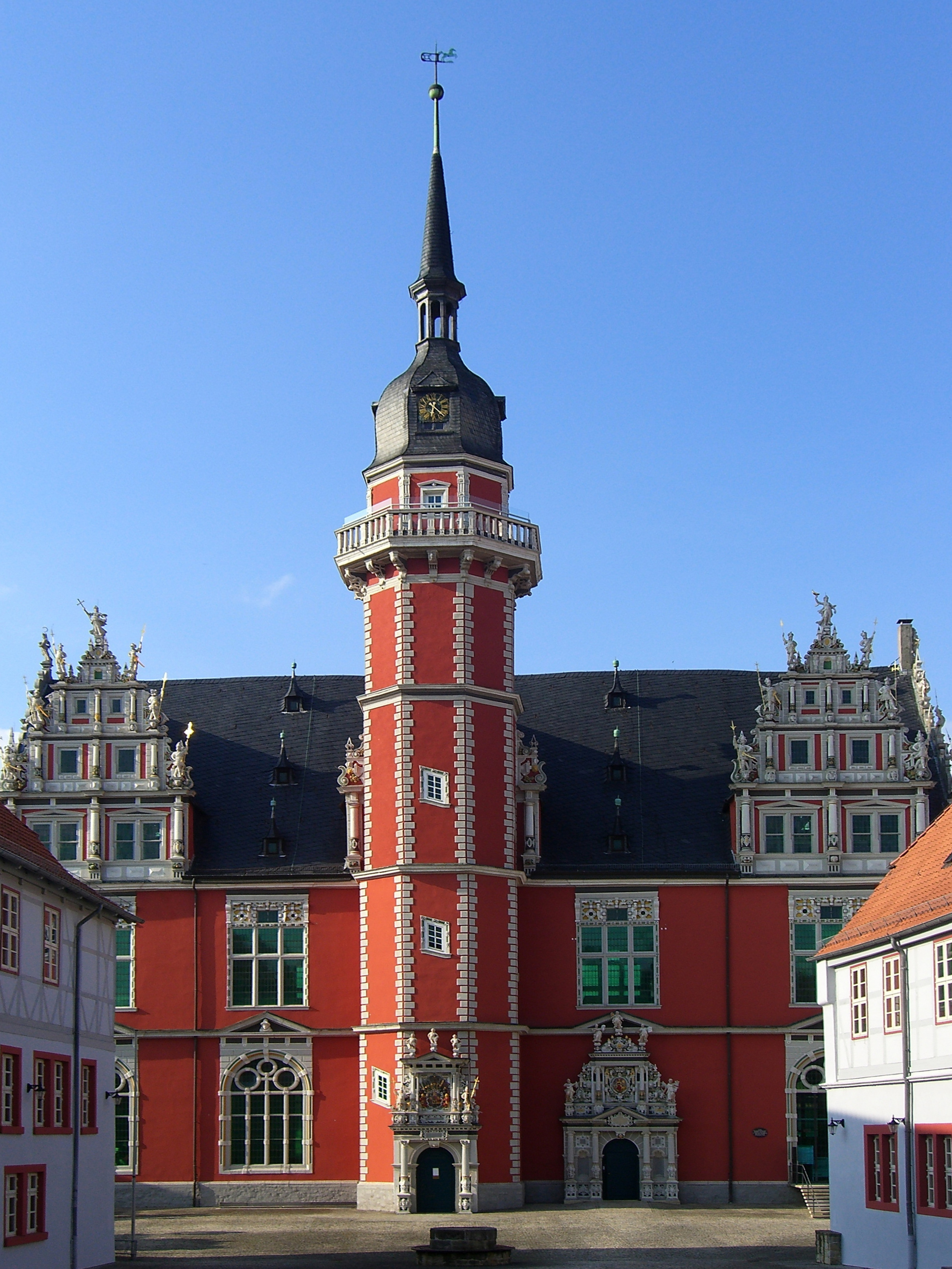|
Gottlob Benedikt Von Schirach
Gottlob Benedikt von Schirach (born 13 June 1743 in Parowa, died 7 December 1804 in Altona) (né ''Gottlob Benedikt Schirach''; also spelled ''Gottlob Benedict Schirach''; Sorbian ''Bohuchwał Benedikt ze Šěrach'') was a Sorbian historian, philosopher and writer, and later a diplomat in Danish service. He was a son of the Sorbian theologian Christian Gottlob Schirach (Křesćan Bohuchwał Šěrach). After studying history and philology at the University of Leipzig, he became a lecturer at the University of Halle in 1764. In 1769 he became Professor of Philosophy at the University of Helmstedt. He published several books and was regarded as a well-known author in his lifetime. In recognition of his biography of Charles VI, Holy Roman Emperor, he was raised to the hereditary Austrian nobility by Empress Maria Theresa on 17 May 1776. He is the progenitor of the noble Schirach family Schirach or Šěrach is a noble family of Sorbian (i.e. West Slavic) origin. Many family member ... [...More Info...] [...Related Items...] OR: [Wikipedia] [Google] [Baidu] |
Parowa, Lower Silesian Voivodeship
Parowa (german: Tiefenfurt) is a village in the administrative district of Gmina Osiecznica, within Bolesławiec County, Lower Silesian Voivodeship Lower Silesian Voivodeship, or Lower Silesia Province, in southwestern Poland, is one of the 16 voivodeships (provinces) into which Poland is divided. The voivodeship was created on 1 January 1999 out of the former Wrocław, Legnica, Wałbrz ..., in south-western Poland. The village has a population of 950. References Villages in Bolesławiec County {{Bolesławiec-geo-stub ... [...More Info...] [...Related Items...] OR: [Wikipedia] [Google] [Baidu] |
Schirach Family
Schirach or Šěrach is a noble family of Sorbian (i.e. West Slavic) origin. Many family members were noted as theologians, lawyers, historians, writers and artists from the 17th century, and several family members have also been noted for their efforts to preserve the Sorbian language. The family was raised to the hereditary Austrian nobility in 1776. Family members are resident in Germany and, since the 19th century, the United States. History The name Šěrach is assumed to be derived from the Sorbian word ''šěrak'', meaning "greybeard" or "greyhead," in the sense of "old man" or possibly "wise man." Schirach is a Germanized spelling. The family's earliest known ancestor George Schirag was a farmer in Schiedel near Kamenz, and is mentioned in 1485. One of his descendants, Peter Schirach (Pětr Šěrach) (1656–1727) became a theologian and parish priest in Kreba (Chrjebja). He had three sons who also became theologians, among them Christian Gottlob Schirach (Křesćan Boh ... [...More Info...] [...Related Items...] OR: [Wikipedia] [Google] [Baidu] |
People From Bolesławiec County
A person ( : people) is a being that has certain capacities or attributes such as reason, morality, consciousness or self-consciousness, and being a part of a culturally established form of social relations such as kinship, ownership of property, or legal responsibility. The defining features of personhood and, consequently, what makes a person count as a person, differ widely among cultures and contexts. In addition to the question of personhood, of what makes a being count as a person to begin with, there are further questions about personal identity and self: both about what makes any particular person that particular person instead of another, and about what makes a person at one time the same person as they were or will be at another time despite any intervening changes. The plural form " people" is often used to refer to an entire nation or ethnic group (as in "a people"), and this was the original meaning of the word; it subsequently acquired its use as a plural f ... [...More Info...] [...Related Items...] OR: [Wikipedia] [Google] [Baidu] |
19th-century Danish Diplomats
The 19th (nineteenth) century began on 1 January 1801 ( MDCCCI), and ended on 31 December 1900 ( MCM). The 19th century was the ninth century of the 2nd millennium. The 19th century was characterized by vast social upheaval. Slavery was abolished in much of Europe and the Americas. The First Industrial Revolution, though it began in the late 18th century, expanding beyond its British homeland for the first time during this century, particularly remaking the economies and societies of the Low Countries, the Rhineland, Northern Italy, and the Northeastern United States. A few decades later, the Second Industrial Revolution led to ever more massive urbanization and much higher levels of productivity, profit, and prosperity, a pattern that continued into the 20th century. The Islamic gunpowder empires fell into decline and European imperialism brought much of South Asia, Southeast Asia, and almost all of Africa under colonial rule. It was also marked by the collapse of the lar ... [...More Info...] [...Related Items...] OR: [Wikipedia] [Google] [Baidu] |
Sorbian People
Sorbs ( hsb, Serbja, dsb, Serby, german: Sorben; also known as Lusatians, Lusatian Endonym, Serbs and Wends) are a Indigenous peoples, indigenous West Slavs, West Slavic ethnic group predominantly inhabiting the parts of Lusatia located in the German states of Germany, states of Saxony and Brandenburg. Sorbs traditionally speak the Sorbian languages (also known as "Wendish" and "Lusatian"), which are closely related to Czech language, Czech, Polish language, Polish, Kashubian language, Kashubian, Silesian language, Silesian, and Slovak language, Slovak. Upper Sorbian and Lower Sorbian are officially recognized minority languages in Germany. Due to a gradual and increasing Cultural assimilation, assimilation between the 17th and 20th centuries, virtually all Sorbs also spoke German by the early 20th century. In the newly created German Empire, German nation state of the late 19th and early 20th centuries, policies were implemented in an effort to Germanize the Sorbs. These po ... [...More Info...] [...Related Items...] OR: [Wikipedia] [Google] [Baidu] |
German Philosophers
German(s) may refer to: * Germany (of or related to) **Germania (historical use) * Germans, citizens of Germany, people of German ancestry, or native speakers of the German language ** For citizens of Germany, see also German nationality law ** Germanic peoples (Roman times) * German language **any of the Germanic languages * German cuisine, traditional foods of Germany People * German (given name) * German (surname) * Germán, a Spanish name Places * German (parish), Isle of Man * German, Albania, or Gërmej * German, Bulgaria * German, Iran * German, North Macedonia * German, New York, U.S. * Agios Germanos, Greece Other uses * German (mythology), a South Slavic mythological being * Germans (band), a Canadian rock band * "German" (song), a 2019 song by No Money Enterprise * '' The German'', a 2008 short film * " The Germans", an episode of ''Fawlty Towers'' * ''The German'', a nickname for Congolese rebel André Kisase Ngandu See also * Germanic (disambigu ... [...More Info...] [...Related Items...] OR: [Wikipedia] [Google] [Baidu] |
Herders Conversations-Lexikon
A herder is a pastoral worker responsible for the care and management of a herd or flock of domestic animals, usually on open pasture. It is particularly associated with nomadic or transhumant management of stock, or with common land grazing. The work is often done either on foot or mounted. Depending on the type of animal being herd, the english language can give different professional names, for example, cowboy for cows, shepherd for sheep, or goatherd for goat. Terminology Herders may be distinguished by sex (''e.g.'', herdsman, herdswoman or herdboy) or by the type of livestock, for example camelherd, cowherd, duckherd, goatherd or shepherd. By country China Tibetan herding communities living in the Tibetan Plateau in the Sichuan Province of southwest China continued to graze herds on common lands even after the 1982 Household responsibility system. Several reasons have been given for the endurance of the traditional pastoral lifestyle: *complex topography preven ... [...More Info...] [...Related Items...] OR: [Wikipedia] [Google] [Baidu] |
Maria Theresa
Maria Theresa Walburga Amalia Christina (german: Maria Theresia; 13 May 1717 – 29 November 1780) was ruler of the Habsburg dominions from 1740 until her death in 1780, and the only woman to hold the position '' suo jure'' (in her own right). She was the sovereign of Austria, Hungary, Croatia, Bohemia, Transylvania, Mantua, Milan, Lodomeria and Galicia, the Austrian Netherlands, and Parma. By marriage, she was Duchess of Lorraine, Grand Duchess of Tuscany and Holy Roman Empress. Maria Theresa started her 40-year reign when her father, Emperor Charles VI, died on 20 October 1740. Charles VI paved the way for her accession with the Pragmatic Sanction of 1713 and spent his entire reign securing it. He neglected the advice of Prince Eugene of Savoy, who believed that a strong military and a rich treasury were more important than mere signatures. Eventually, Charles VI left behind a weakened and impoverished state, particularly due to the War of the Polish Succession and ... [...More Info...] [...Related Items...] OR: [Wikipedia] [Google] [Baidu] |
Altona, Hamburg
Altona (), also called Hamburg-Altona, is the westernmost urban borough (''Bezirk'') of the German city state of Hamburg, on the right bank of the Elbe river. From 1640 to 1864, Altona was under the administration of the Danish monarchy. Altona was an independent borough until 1937. In 2016 the population was 270,263. History Altona was founded in 1535 as a village of fishermen in what was then Holstein-Pinneberg. In 1640, Altona came under Danish rule as part of Holstein-Glückstadt, and in 1664 was granted municipal rights by the Danish King Frederik III, who then ruled in personal union as Duke of Holstein. Altona was one of the Danish monarchy's most important harbor towns. The railroad from Altona to Kiel, the Hamburg-Altona–Kiel railway ( da, link=no, Christian VIII Østersø Jernbane), was opened in 1844. Because of severe restrictions on the number of Jews allowed to live in Hamburg until 1864 (with the exception of 1811–1815), a major Jewish communi ... [...More Info...] [...Related Items...] OR: [Wikipedia] [Google] [Baidu] |
Charles VI, Holy Roman Emperor
, house = Habsburg , spouse = , issue = , issue-link = #Children , issue-pipe = , father = Leopold I, Holy Roman Emperor , mother = Eleonore Magdalene of Neuburg , birth_date = , birth_place = Hofburg Palace, Vienna , death_date = , death_place = Palais Augarten, Vienna , place of burial = Imperial Crypt , signature = Signatur Karl VI. (HRR).PNG , religion = Roman Catholicism Charles VI (german: Karl; la, Carolus; 1 October 1685 – 20 October 1740) was Holy Roman Emperor and ruler of the Austrian Habsburg monarchy from 1711 until his death, succeeding his elder brother, Joseph I. He unsuccessfully claimed the throne of Spain following the death of his relative, Charles II. In 1708, he married Elisabeth Christine of Brunswick-Wolfenbüttel, by whom he had his four children: Leopold Johann (who died in infancy), Maria Theresa (the last direct Habsburg sovereign), Maria ... [...More Info...] [...Related Items...] OR: [Wikipedia] [Google] [Baidu] |
University Of Helmstedt
The University of Helmstedt (german: Universität Helmstedt; official Latin name: ''Academia Julia'', "Julius University"), was a university in Helmstedt in the Duchy of Brunswick-Wolfenbüttel that existed from 1576 until 1810. History Founded by and named after Duke Julius of Brunswick-Wolfenbüttel on 15 October 1576, the first university of the duchy and the first Protestant university of the northern Holy Roman Empire quickly became one of the largest German universities. In order to train pastors and administrators for work in the Lutheran churches, the duchy needed a university of its own. In 1575, Julius obtained the Emperor's permission to open a university in Helmstedt. One year later the first lectures started. The princes of Wolfenbüttel held the office of the rector, starting with Julius' 12-year-old son John Henry. Tilemann Heshusius was an important early Lutheran theologian at Helmstedt. He developed a clergy network in the region that supported other Hel ... [...More Info...] [...Related Items...] OR: [Wikipedia] [Google] [Baidu] |
_1938.jpg)






